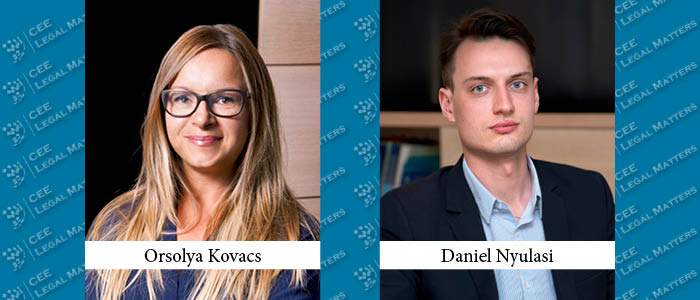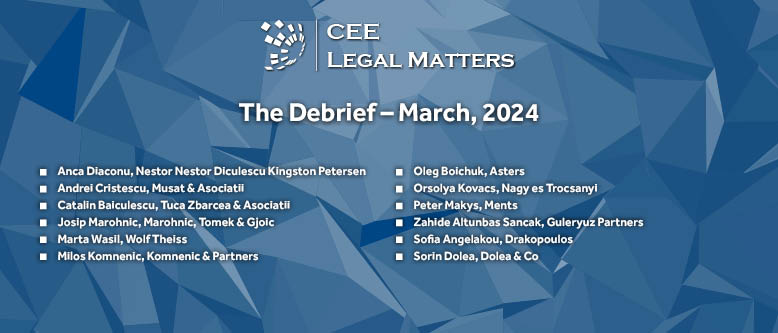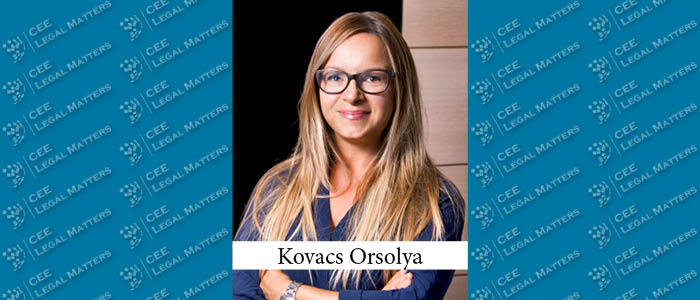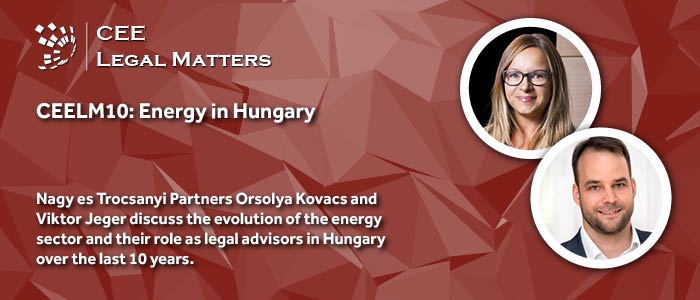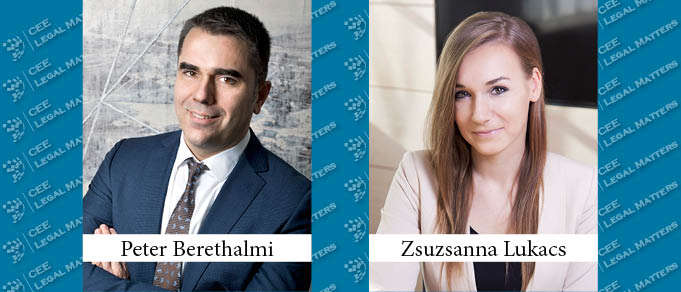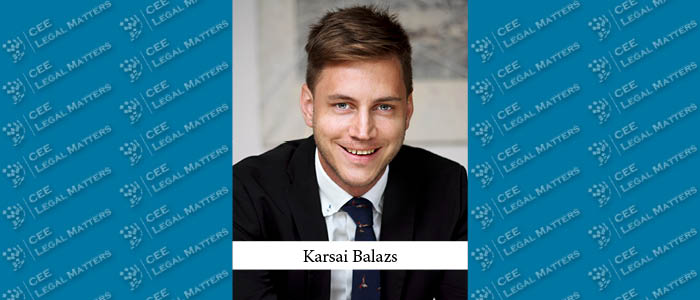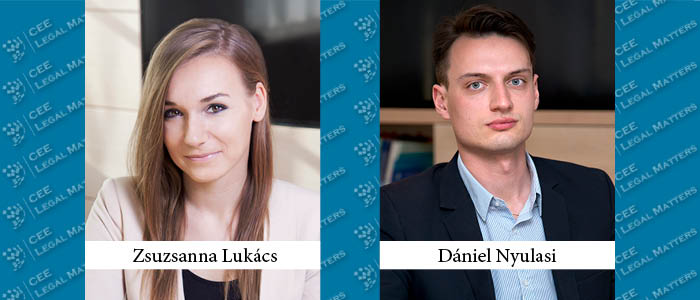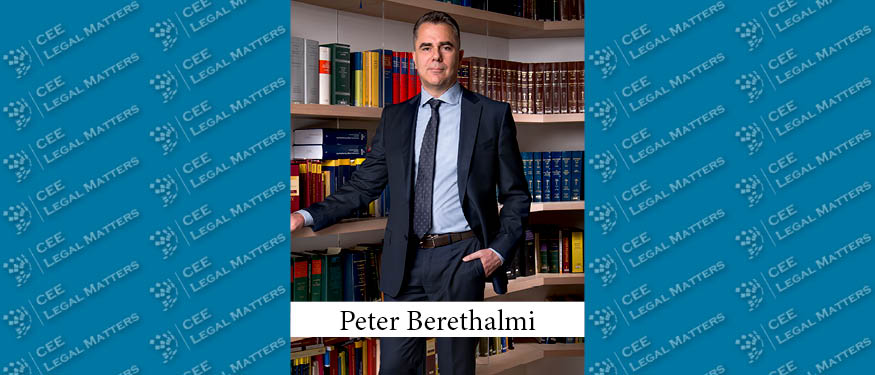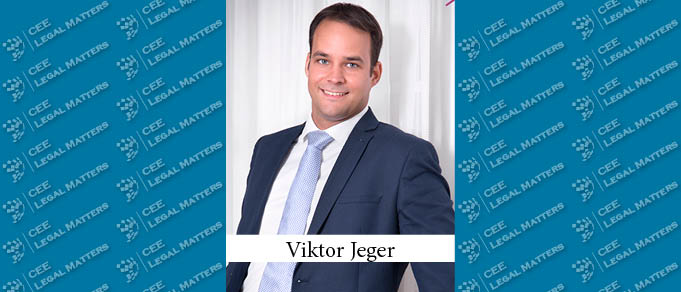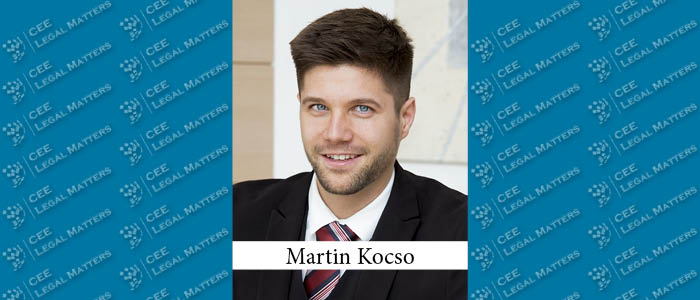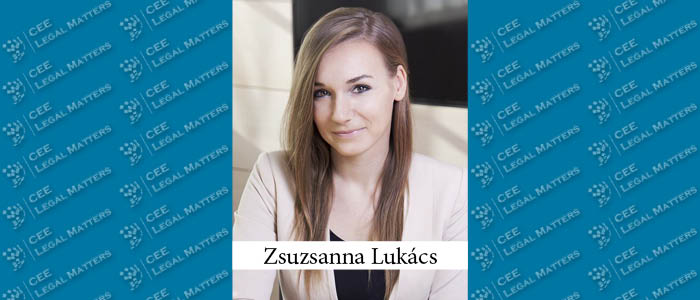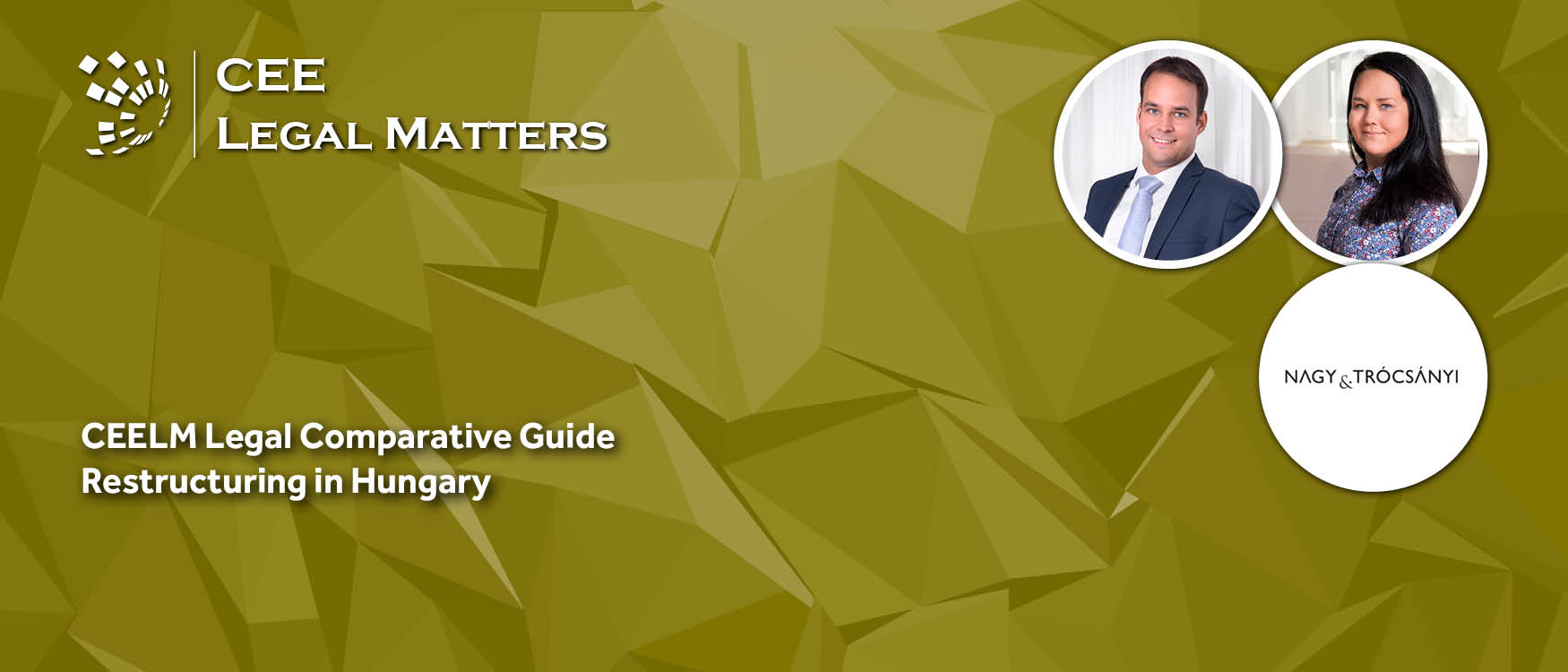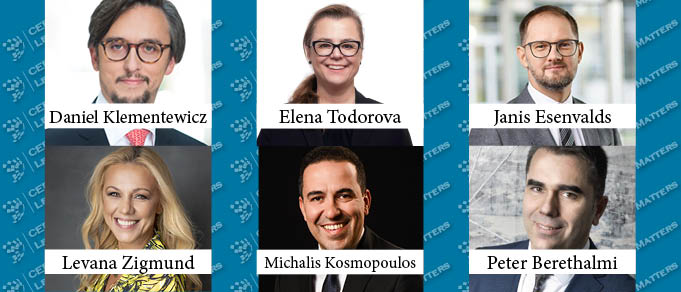The solar power plant market in Hungary became very active lately and it is expected to grow further still. Transactions in this market require more due diligence than, for example, the sale of a business property, and it seems that as of this January, foreign investors will need to consider this further aspect simultaneously when making a business decision on a solar market transaction.
The Debrief: March 2024
In The Debrief, our Practice Leaders across CEE share updates on recent and upcoming legislation, consider the impact of recent court decisions, showcase landmark projects, and keep our readers apprised of the latest developments impacting their respective practice areas.
Hungary: Tendencies in Tax Procedures
I’ve always been very interested in trends and statistics, and recently have been looking at potential trends in applications for a legal award. Based on the call for submissions, you can apply in six categories, which include, of course, very trendy topics such as data protection, digital solutions, and ESG, the more traditional ones of M&A and intellectual property, but for the sixth consecutive year, there is a tax law category. Moreover, not only does such a category exist, but the number of applicants is outstanding.
CEELM10 Interview: A Decade of Energy In Hungary
Nagy es Trocsanyi Partners Orsolya Kovacs and Viktor Jeger discuss the evolution of the energy sector and their role as legal advisors in Hungary over the last 10 years.
Hungary: Employee or Contractor – Effective Strategies to Avoid Misclassification
Under Hungarian private law, legal relationships aimed at performing various tasks on the basis of instructions are generally based on either employment contracts regulated by Act I of 2012 of the Labor Code (Labor Code) or services agreements governed by Act V of 2013 of the Civil Code.
Balazs Karsai Takes Over as Nagy & Trocsanyi Managing Partner
Nagy & Trocsanyi has announced the appointment of its new Managing Partner – Balazs Karsai – set to take over stewardship of the firm on January 1, 2024.
Key Changes in the New Hungarian Advertising Code
The Hungarian Code of Advertising Ethics (hereinafter referred as: the “Code”) has not been revised since 2015, but the achievements of the times and the accelerated flow of information made it necessary to include some specific elements into the Code. Following approval by the advertising industry bodies, the new Code came into force on June 30, 2023. The purpose of this article is to highlight the most important changes to the content, in order of their position in the new Code.
E-Registries and New Certifications in Hungary: A Buzz Interview with Orsolya Kovacs of Nagy es Trocsany
Hungary has adopted new laws covering various areas, prioritizing electronic registration processes and the construction industry, while also making significant advancements in the energy field, according to Nagy es Trocsanyi Partner Orsolya Kovacs.
Hungary: New Regulations on E-Land Registration, the Right To Construct, and Completely New Construction Code Expected in 2023
Act C:2021 on the land registry (E-Land Registry Act) was announced on June 28, 2021. It was expected to take effect in February 2023, but it will come into effect on February 1, 2024.
Know Your Lawyer: Peter Berethalmi of Nagy es Trocsanyi
An in-depth look at Peter Berethalmi of Nagy es Trocsanyi covering his career path, education, and top projects as a lawyer as well as a few insights about his as a manager at work and as a person outside the office.
The Future of Hungary’s Energy Sector Is Taking Shape
The escalation of the war in Ukraine in February 2022 shocked Hungary’s energy sector to such an extent that the Hungarian government declared a state of energy emergency by its resolution dated July 15, 2022. After the first anniversary of the escalation, the smoke has cleared enough to draw conclusions regarding the future based on the reactions of the stakeholders.
CEE Real Estate Keeps It Real
Following a tumultuous year marked by the ongoing conflict in the region and rising financing expenses, we reached out to experts across CEE to gain a deeper understanding of the real estate landscape, including key factors driving the industry and the primary obstacles it faces.
The Hungarian Beer War: The Competition Authority Caught Between Two Fires
In the Hungarian HoReCa sector, the question of how much competition there is in the market for beverage procurement has been on the agenda of the Hungarian competition authority and the political discourse for some time.
Using Social Media Content in Advertising – A Legal Overview
The use of social media content – particularly posts and comments – in advertising has become a prevalent practice in recent years. However, it is crucial for businesses and advertisers to be aware of the potential legal implications associated with such use. Besides copyright and advertising law considerations, it has also become essential to understand the relevant provisions of data protection law when contemplating the usage of social media content in advertising.
End of UBO Publicity in Hungary?
Since 2020, EU Member States have been obliged to make specific information on ultimate beneficial owners (“UBOs”) of corporate and other legal entities available to the general public. However, in light of the recent judgment of the Court of Justice of European Union (“CJEU”), this obligation will not remain in effect and thus, changes to the accessibility of the Hungarian UBO register are to be expected.
Restructuring Laws and Regulations in Hungary
Contributed by Nagy es Trocsanyi.
Recovery and Resilience Plans in CEE: Overview and Implementation
Entering into force on February 19, 2021, the EU Recovery and Resilience Facility aimed, according to the European Commission, “to mitigate the economic and social impact of the coronavirus pandemic and make European economies and societies more sustainable, resilient, and better prepared for the challenges and opportunities of the green and digital transitions.” CEE Legal Matters spoke with lawyers from Bulgaria, Greece, Hungary, Latvia, Poland, and Romania to learn what each country focused on, with its Recovery and Resilience Plan (RRP), and what difficulties lie ahead, now that these plans have been submitted to the EC.
Strike! Law Firms Compete in 5th CEELM Budapest Law Firm Bowling Challenge
On June 30, 2022, CEE Legal Matters hosted the fifth edition of the CEELM Budapest Law Firm Bowling Challenge: A competition of four-person teams from leading law firms in Hungary, with all proceeds going to the previous winner’s charity of choice. A total of 13 law firms competed for the trophy – and the bragging rights that go along with it.

